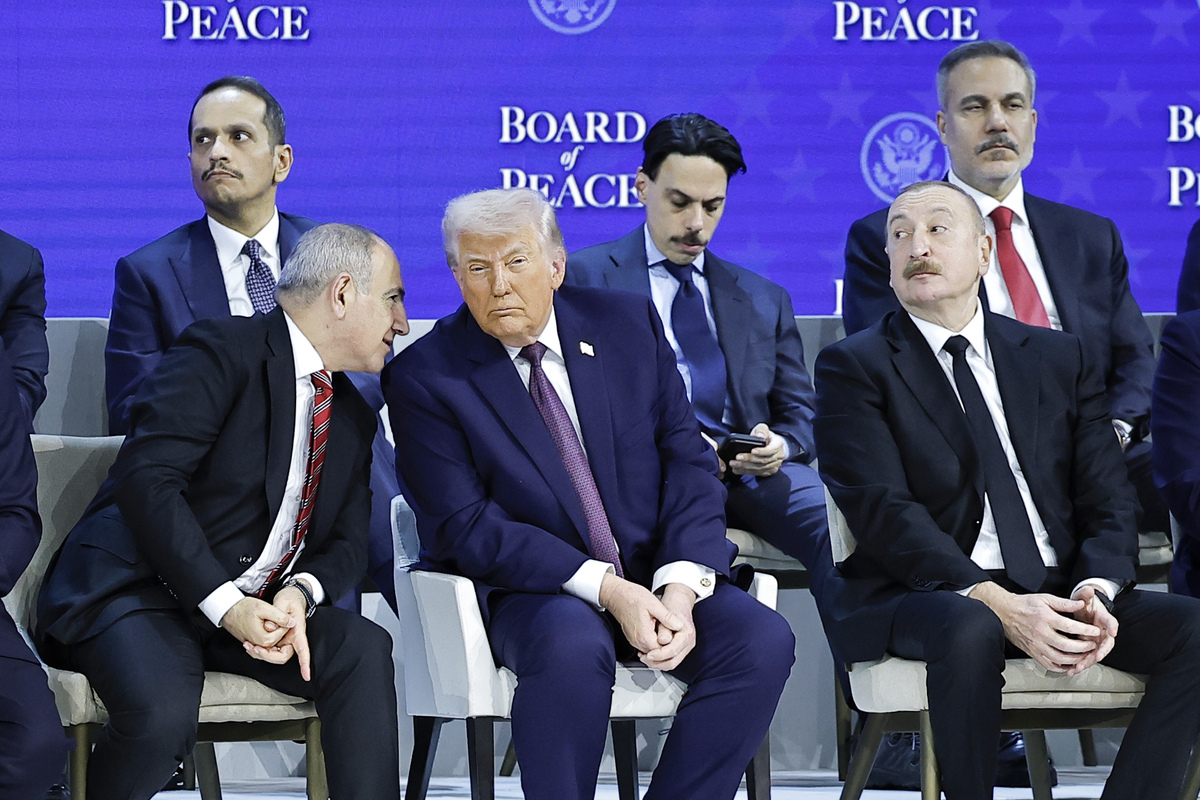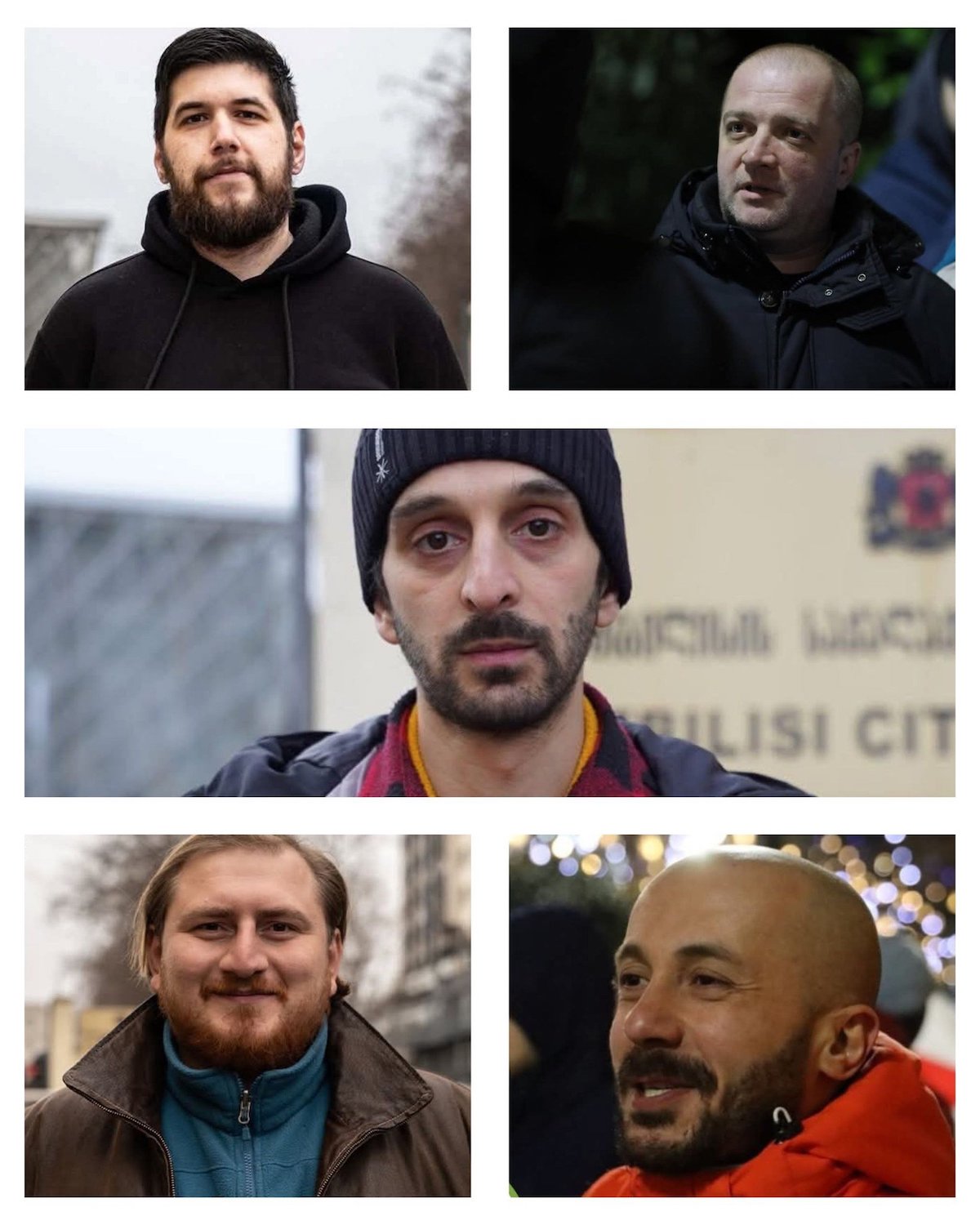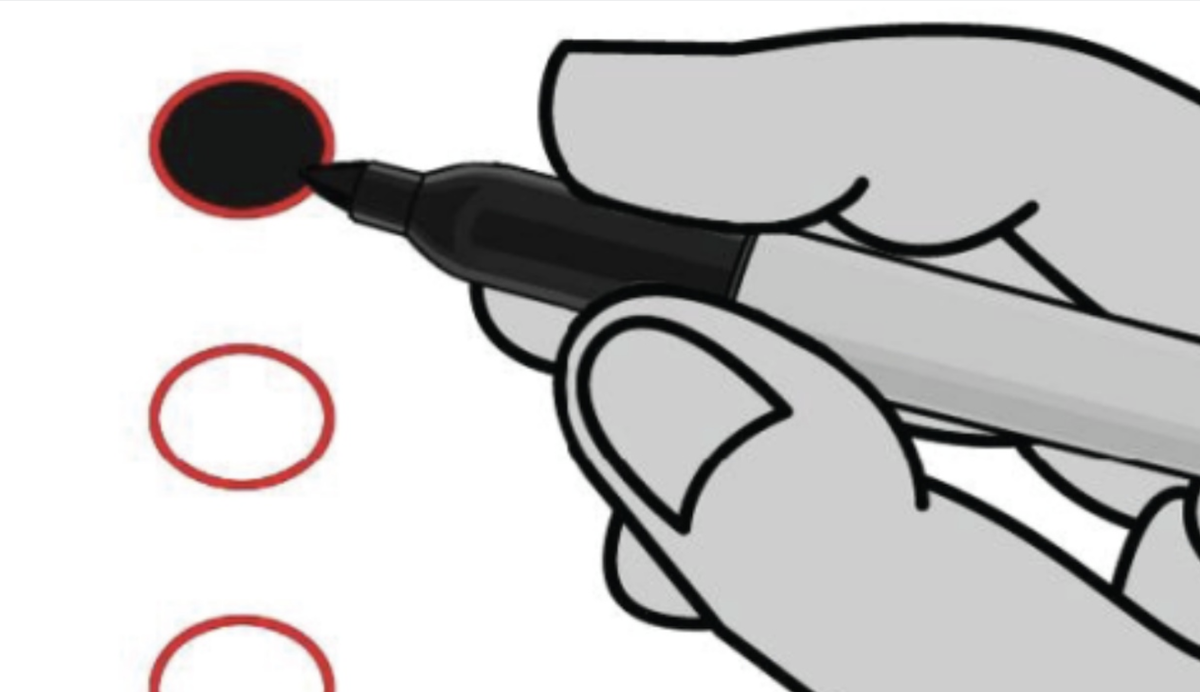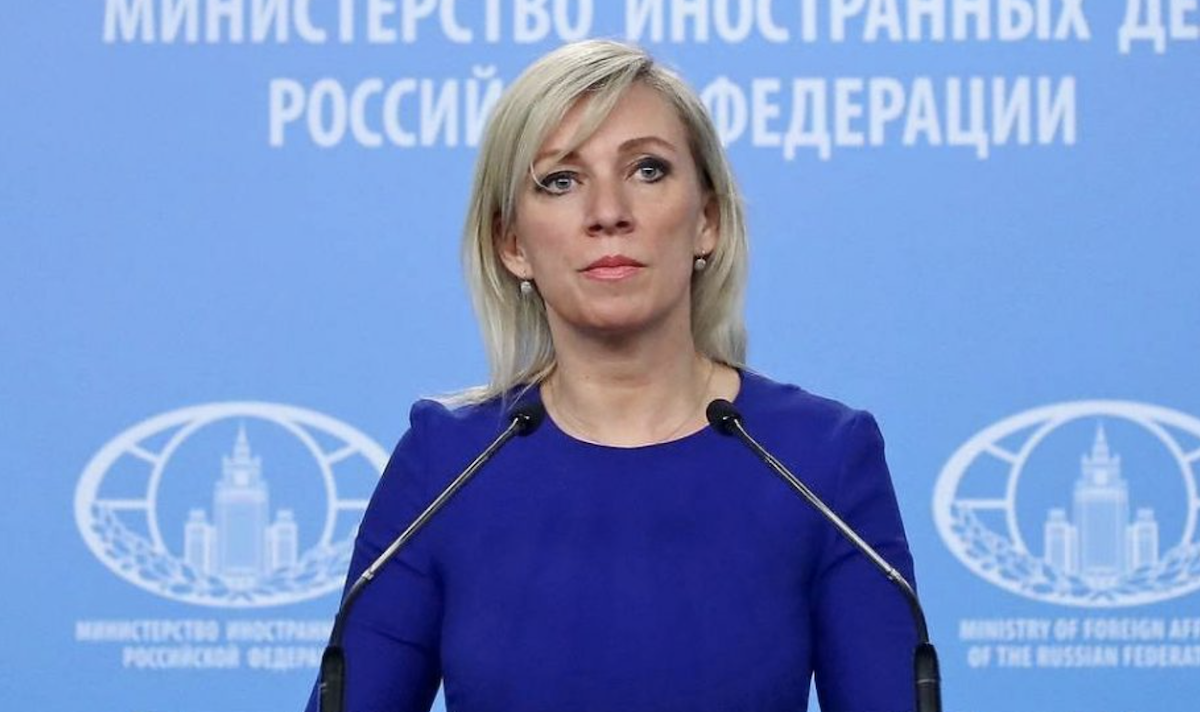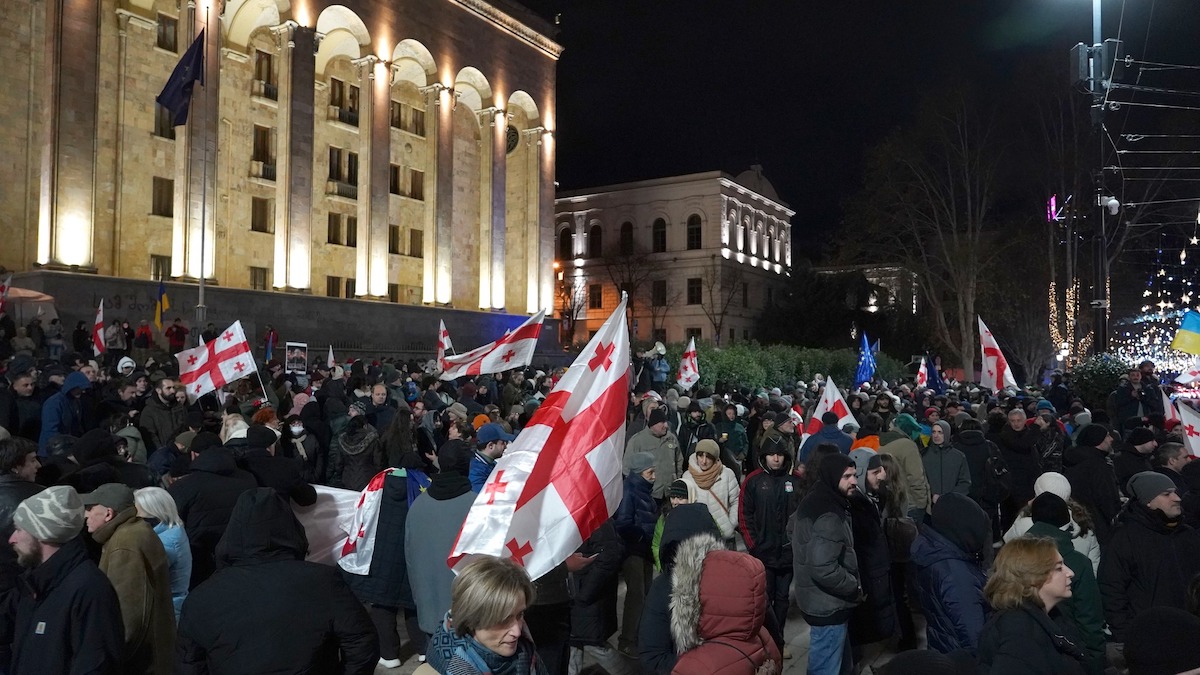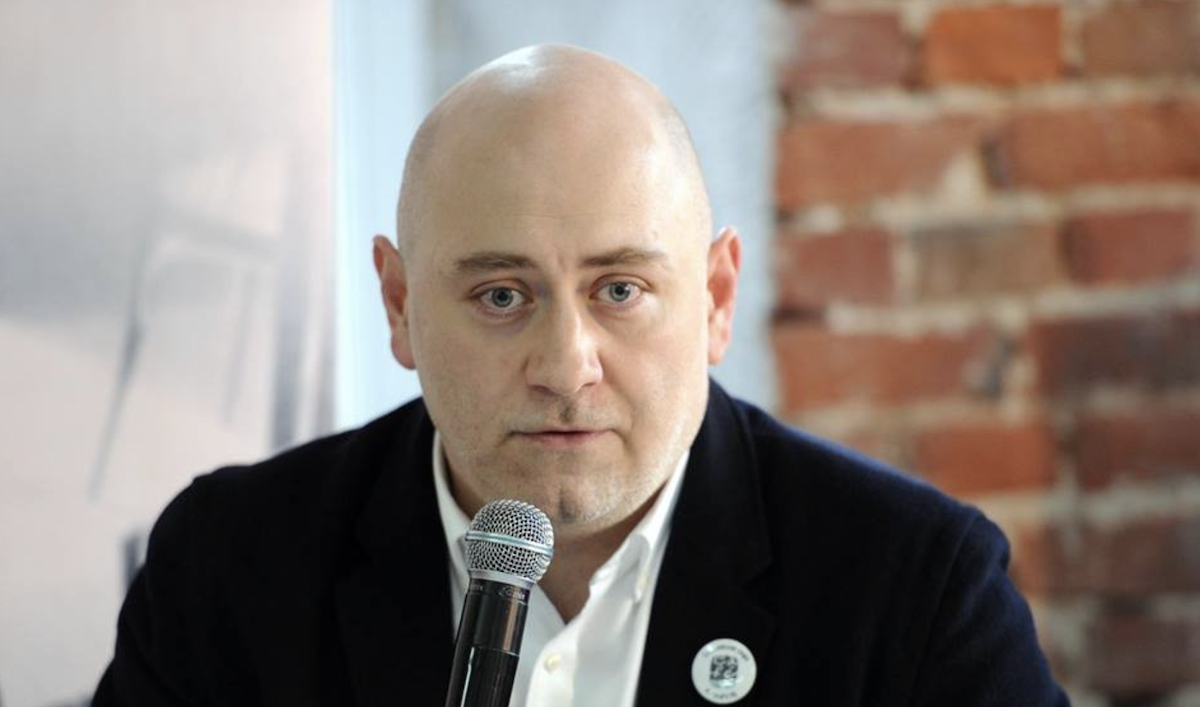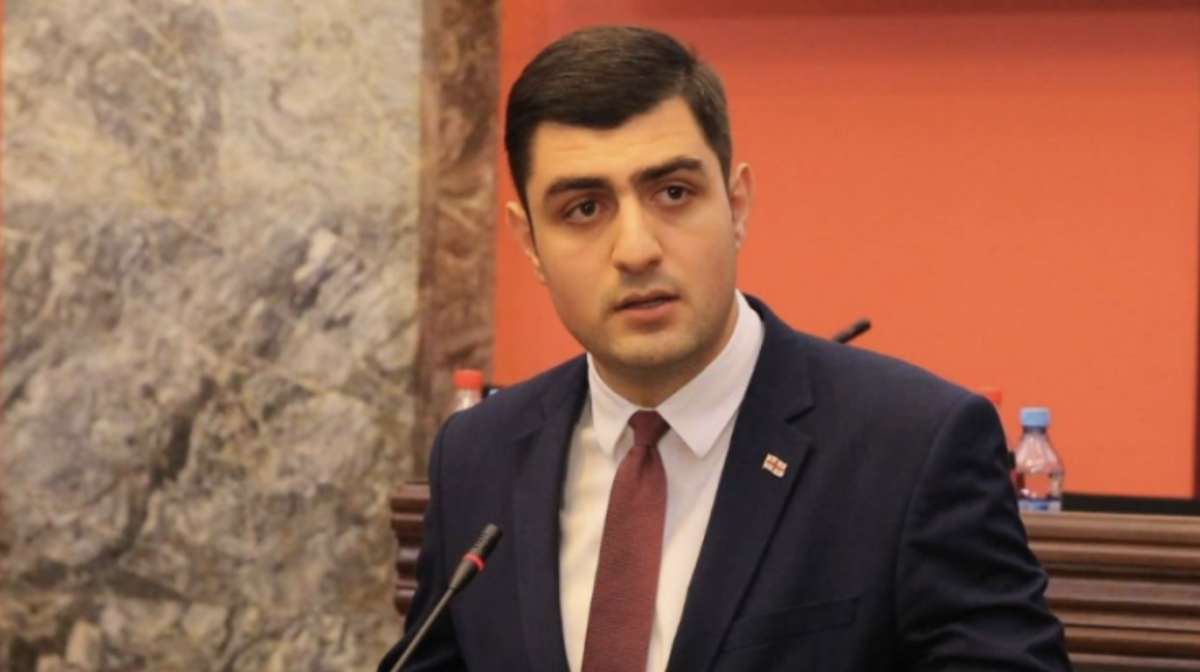Tolerance survey in Georgia: minorities have no right to protest
Discrimination, hate crimes and hate speech remain significant problems in Georgia, shows a study commissioned by the Council of Europe and released on the Day of Tolerance, 16 November.
The study explored the attitude of society towards discrimination and hate speech.
The study was carried out by the Caucasus Resource Research Centre (CRRC-Georgia). It reported that a significant part of the population (36 per cent) considers diversity detrimental to Georgia: 43 per cent say minorities have no right to protest on the street.
The study was conducted in August 2018.
JAMnews lists some of the more interesting snippets from the report.
__________________
Diversity – the enemy of tradition?
The study revealed that 36 per cent of the population believes that diversity adversely affects the country and is detrimental to Georgian culture and local traditions.
The Georgian public has the least tolerant attitude towards the LGBT population in the country.
The most positive attitude in Georgia is towards people with disabilities. Most respondents expressed a negative attitude towards migrants from non-European countries.
• How Protestants Live in Georgia
• May 17 in Tbilisi – the fight against homophobia, Family Day and anti-homophobia violence
• Georgia: at least ten women accuse prominent human rights defender of harassment
• US Department of State: problems remain in Georgia in matters of freedom of religion
Around 70 per cent of those polled said that they would not only want to avoid maintaining personal relationships with homosexuals, but would not even have business relationships with them. Only 22 per cent said they would act the same towards a homosexual as they would towards anyone else.
Respondents were asked to list the kinds of people they would not like for neighbours: 67 per cent said they would not appreciate drug addicts for neighbours nor members of the criminal world. Another 54 per cent said they would not like to live in the vicinity of a homosexual. Only one per cent of those surveyed said they would not like to live near someone with a disability.
Most Georgians want Russian and American business partners
When asked which nationality Georgians would be willing to do business with, 80 per cent said both Americans and Russians. Only 54 per cent said they would be willing to have a business relationship with Africans.
Georgian citizens do not have basic information about human rights
- 43 per cent of respondents believe that, according to the law, minorities do not have the right to protest;
- 39 per cent believe that minority representatives do not have the right to stand for election;
- 36 per cent believe the law prohibits minorities from participating in decision-making on important state issues;
- 25 per cent even think that minorities cannot participate in elections or vote.
Some reasons why Georgians dislike LGBT people
One of the goals of the study was to find out the reasons behind the negative attitude of Georgians towards LGBT individuals.
Two focus groups consisting of ethnic Georgians were formed to get to the heart of the matter. The idea that the rights of heterosexuals should not be infringed upon was among the most commonly heard positions, in addition to the response that LGBT individuals should not promote their lifestyle.
Some respondents expressed fears that such ‘propaganda’ contributes to the spread of homosexuality. In addition, they do not believe that a person can be born homosexual.
Another danger that the focus group participants spoke about was an alleged attack on the religious and traditional foundations of society.
Focus groups which consisted of men denied LGBT individuals the right to demand protection of their rights, calling them illegitimate:
“They declare that: a) the LGBT community receives money for the organization of demonstrations in defense of their rights; b) Western organizations and governments artificially push the agenda of LGBT rights,” the reported reads.
Most are not aware of minority issues
The majority of Georgia’s population are either indifferent or not at all aware of the problems of minorities, the study says.
For example, 44 per cent of Orthodox Christians believe that religious minorities have no problems, whereas only 17 per cent of Muslims believe that there are no problems in Georgia on religious grounds.
Around 29 per cent of Georgians believe that ethnic minorities in Georgia have nothing to complain about, while only 10 per cent of Armenians and 12 per cent of Azerbaijanis who were asked this question responded similarly.










